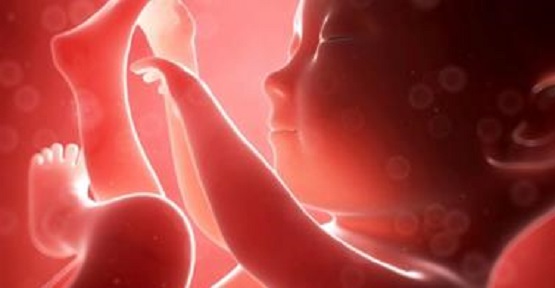At least 42 abortion facilities have closed this year, making 14 states completely abortion-free now that the U.S. Supreme Court has overturned Roe v. Wade.
As of November, the United States saw twice as many independent abortion facilities close compared to 2021, according to a new report from Abortion Care Network, covered by Bloomberg News.
The pro-abortion group credited the Dobbs v. Jackson Women’s Health decision for the mass closures, most of them in midwestern and southern states where unborn babies’ lives are now protected.
The Dobbs decision overturned Roe and restored the power to legislate abortion to the people. Now, more than a dozen states protect unborn babies by banning or strictly limiting abortions, and more are fighting in court to do so.
Although abortion facilities have been closing at a steady pace for years as a result of pro-life efforts, the June ruling caused a sharp drop compared to previous years. In 2021, 20 independent abortion facilities closed, and 42 closed in 2022, according to the Abortion Care Network report.
As of November, America had 434 independent abortion facilities, including “online-only,” or telemedicine, abortion groups that sell abortion drugs through the mail without ever seeing the woman in person, the researchers found.
Follow LifeNews.com on Instagram for pro-life pictures and videos.
Currently, 14 states are abortion-free, meaning they do not have any abortion facilities, according to report. They are Idaho, North and South Dakota, Wisconsin, Missouri, West Virginia, Kentucky, Tennessee, Alabama, Mississippi, Arkansas, Louisiana, Oklahoma and Texas.
“When abortion clinics are forced to close, they are very unlikely to re-open,” the Abortion Care Network stated.
Notably, the report excludes Planned Parenthood abortion facilities, a number of which also closed or stopped aborting unborn babies. According to the report, Planned Parenthood does about 41 percent of abortions in the U.S. while independent abortion facilities do about 55 percent. The remaining 4 percent are done in hospitals or doctors’ offices.
As abortion facilities close, pro-life advocates are working to expand support services for pregnant and parenting families. Pregnancy centers are expanding and new maternity homes are opening to serve mothers and babies in need. Some pro-life organizations also offer financial aid, scholarships and other assistance, and a Catholic university in Wisconsin is even building a new dormitory, daycare center and other resources designed for single mothers.
In some pro-life states, legislation now allows unborn babies to be claimed on tax forms and pregnant mothers to request child support. Some, like Texas, also are working to expand Medicaid to help pregnant and new mothers and reduce maternal mortality.
Last year, Texas became the first state to enforce a near-total abortion ban in nearly 50 years. Oklahoma became the second several months later, and, since June when the Supreme Court overturned Roe in a historic victory for life, 12 others began enforcing laws that ban or strictly limit the killing of unborn babies in elective abortions.
New research estimates these state pro-life laws have saved as many as 10,000 unborn babies’ lives since June.
Polls consistently show most Americans support strong legal protections for unborn babies from abortion, especially after the first trimester. A recent Harvard poll found 72 percent of Americans, including 75 percent of women, oppose abortion after 15 weeks of pregnancy. Another Marist poll in January similarly found 71 percent of Americans oppose abortion after the first three months of pregnancy.








